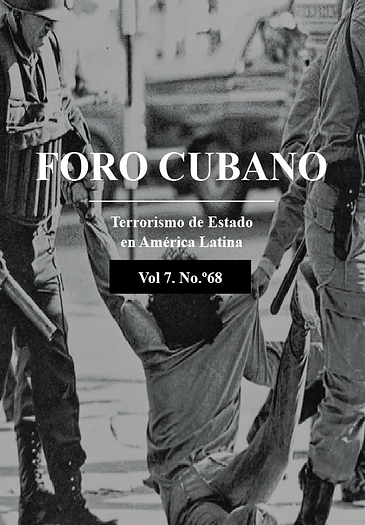La dictadura del miedo: Terrorismo de Estado y persecución política en Nicaragua.
Resumen
El terrorismo de Estado se define como el uso sistemático del terror por parte de un gobierno contra sus propios ciudadanos o contra otros Estados, con el objetivo de mantener el control político, suprimir la disidencia o promover objetivos políticos. Esta práctica puede incluir una variedad de acciones, como tortura, desapariciones forzadas, asesinatos extrajudiciales, detenciones arbitrarias y otras formas de violencia (Blakeley, 2009; Levitsky Ziblatt, 2018). En contraste con el terrorismo perpetrado por actores no estatales, el terrorismo de Estado es llevado a cabo por autoridades oficiales o agentes que actúan en nombre del gobierno. Generalmente, se justifica mediante discursos de seguridad nacional o defensa del orden público. En este sentido, el termino se utiliza para describir situaciones en las que un Estado emplea prácticas terroristas como herramienta de control social, desatando miedo e intimidación para suprimir la oposición política (Chomsky, 1991).


